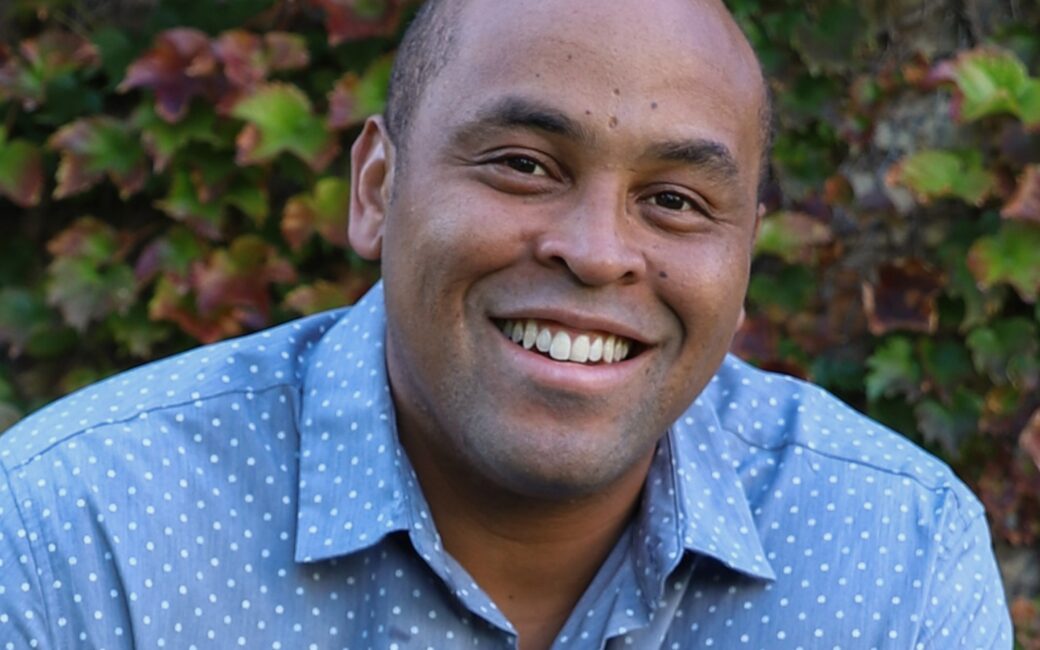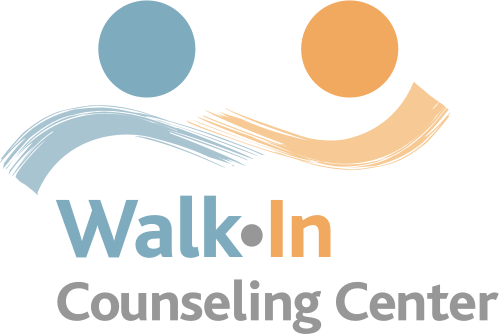For Walk-In volunteer counselor Noah G., a sense of identity and belonging are central to his approach to serving the community.
“My family has a story of adoption,” Noah explains. Adopted as a child, Noah is of Alaskan native (Tlingit) heritage as well as Black. He spent his childhood in Saint Paul with his parents and three adopted siblings.
“I grew up with questions around ‘who am I?’” Noah recounts. He spent his childhood in Saint Paul with his parents and three adopted siblings. Now that he is a counselor working toward his PhD in family social science, these questions also include ‘How have different systems impacted me?’ he adds.
Noah was looking for ways to improve the wellness of diverse communities when he began volunteering at Walk-In Counseling Center’s free clinics in 2017. His practice included counseling at Native American Community Clinic, which works with clients from various tribal backgrounds.
Noah often uses narrative therapy, which “supports individuals as they highlight the things that they value. … There are narratives that oppress, especially among people with minoritized identities. Narrative therapy points out the multitude of narratives, and the different ways of thinking about identity.”
At Walk-In, Noah is glad to be able to serve people who would otherwise have trouble getting counseling because of work schedules, the cost of mental health services, or bad past experiences in health care. In addition, clients seeking nonwhite therapists or therapists with cultural backgrounds similar to theirs may have difficulty finding them, as most clinicians in the field (and at Walk-In) are white and female. He’s here for them.
Working on issues of diversity and representation are an important part of Noah’s full-time university teaching job, where he is an instructor of freshmen and sophomores who are the first in their families to attend college. “Ninety percent of my students are folks of color,” he says. “Having faculty of color is one component that helps with student retention.” Other components include resources, like scholarship money or paid internships, and course material that relates to students’ interests, he adds.
In particular, he values Walk-In’s practice of not making diagnoses. “Diagnoses can pathologize people’s life experiences,” Noah points out. “At Walk-In, we have the ability to see the client where they are at.” Since the pandemic began, the services have been accessible on line and by phone, which Noah finds appealing as well.
During the past year at Walk-In, Noah feels that he has been able to help many people deal with the effects of the pandemic and the fallout from the murder of George Floyd. “There’s loneliness and isolation, and relationships get more complicated – with families, and their relationship with drugs and alcohol. For people trying to change the justice system, there’s frustration, and knowing when to rest and when to engage.”
“I have been changed by learning people’s histories and seeing such perseverance in them,” Noah reflects. “I’m a different person as a result of that counseling relationship.”

